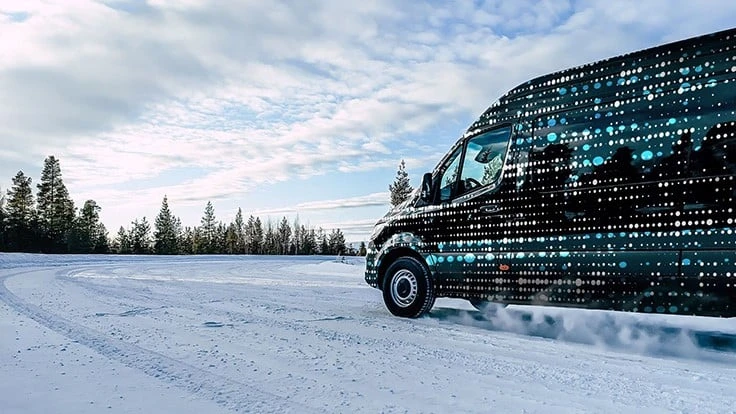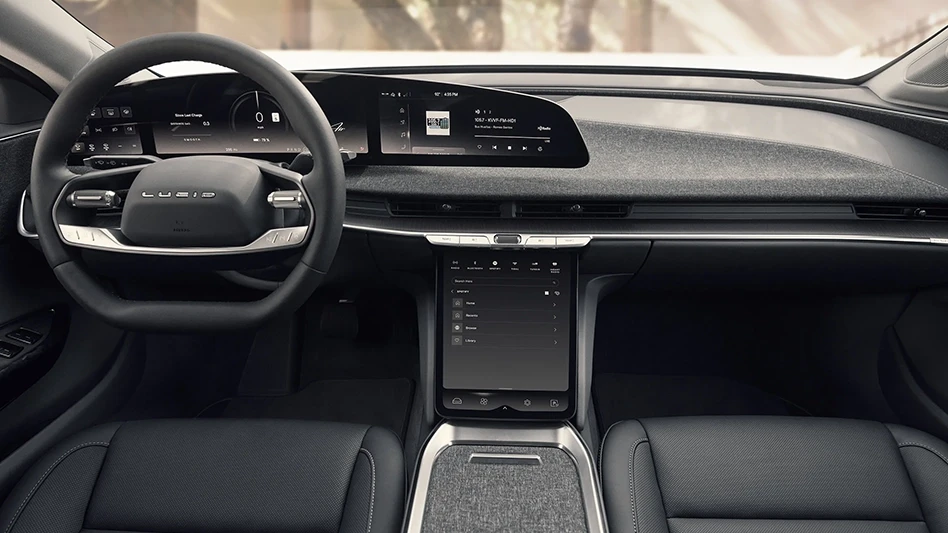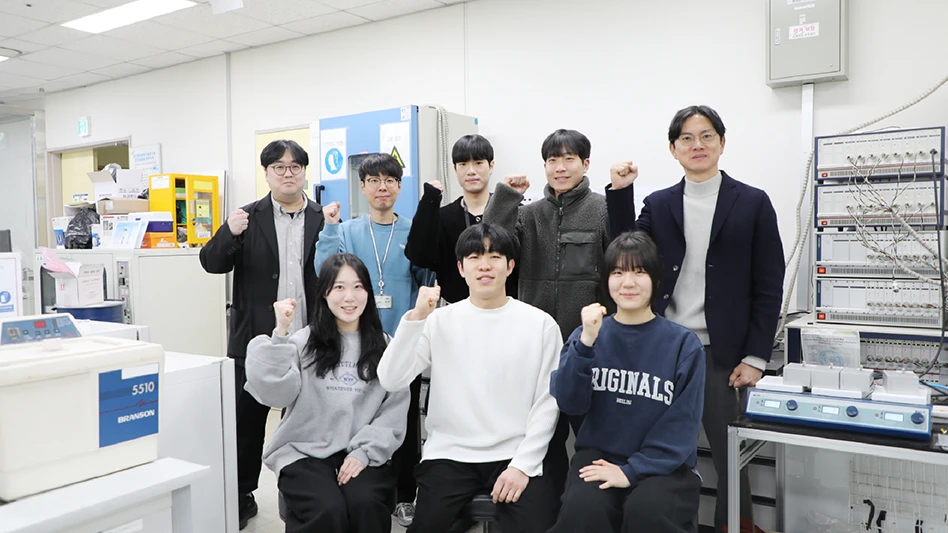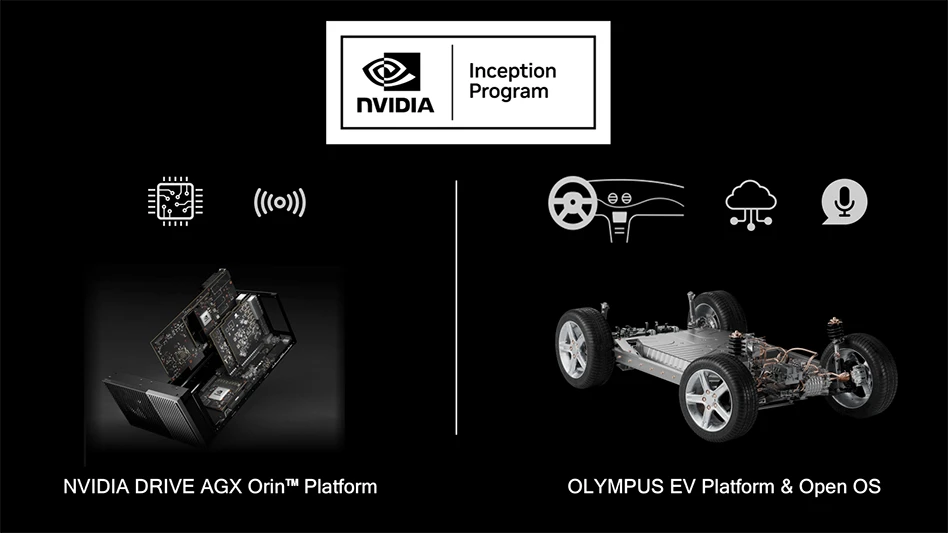
Mercedes-Benz Vans
Customers place the same demands on battery-electric vans as they do on vehicles with combustion engines. At the top of the list is complete reliability even in the most difficult weather conditions because commercial customers depend on their vans not letting them down, even in ice and snow.
Mercedes-Benz Vans tests its electric vans in extreme climatic conditions such as snowy and icy roadways, in cutting winds and at temperatures up to negative 30 degrees. These conditions create real endurance tests both for the vehicle and the team of developers.
At the challenging testing grounds at Sweden's Arjeplog, close to the Arctic Circle, vehicles undergo tests with the effects of extreme cold on handling, ergonomics, thermal management, and cabin comfort are examined. The low-temperature resistance of drive components, heating systems, software and interfaces are tested in specifically built cold chambers, where the vehicles are cooled down before the test drives. The charging behavior and charging management are examined and optimized precisely.
After completing half of the several weeks of planned tests it became clear that the next generation eSprinter defies both ice and snow, extreme temperatures and can handle the most difficult test cycles.
The next generation eSprinter
What is required of the next generation eSprinter was defined in close cooperation with customers from the CEP sector (courier, express and parcel services) and bodybuilders.
Global offerings will include three battery versions and numerous body variants – from the panel van to the chassis for box bodies, the next generation eSprinter will not only open new customer segments, but new markets such as the U.S. and Canada. Compared with the current eSprinter, the range will be more than double, depending on the configuration.
Production of the next generation eSprinter will start beginning in the second half of 2023 in Charleston (South Carolina, USA) and then in Germany's Duesseldorf and Ludwigsfelde. A central guiding principle at Mercedes-Benz is sustainability, and thus the next generation eSprinter will be produced CO2-neutrally.
Mercedes-Benz has invested around 350 million euros in the next generation eSprinter. Approximately 50 million euros have been invested in adapting the production in the three plants.
The BEV strategy of Mercedes-Benz Vans – Transformation towards being "all electric"
Mercedes-Benz Vans is convinced of the ecological and economic advantages of battery-electric vans and anchored its leadership aspiration for electromobility in its strategy and is systematically electrifying all models.
With the next generation eSprinter, Mercedes-Benz Vans is continuing to consistently implement its strategy and underscore its leadership aspiration to be the "Lead in Electric Drive".
The course has been set toward a fully electric future. By the end of the decade the brand with the three- pointed star will be ready to be fully electric – wherever market conditions allow. This means that from 2025 all new vehicle architectures will be exclusively electric. In line with this, Mercedes-Benz Vans will also develop a new, purely electric vehicle architecture for the third generation of eVans, called VAN.EA. The first vans based on VAN.EA will launch from the mid-2020s.
Latest from EV Design & Manufacturing
- Neural Concept, OPmobility merge artificial intelligence and electric vehicle design through partnership
- MaxiCharger DC All-in-One Unit charges up to four electric vehicles simultaneously
- DEOGAM aims to go beyond battery recycling to reclaim energy itself
- MSI introduces electric vehicle charging technology at CES 2025
- Small Part, Sonic Perfection: Okuma LB EX Series
- Make More EV Parts For Less
- 5-Axis Technology. Four Wheels. Three Reasons to Choose Okuma
- Monash University commercializes rapid-charge lithium-sulfur battery technology





